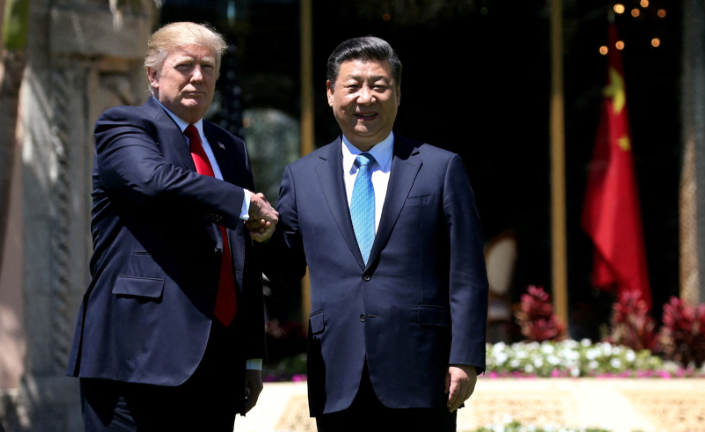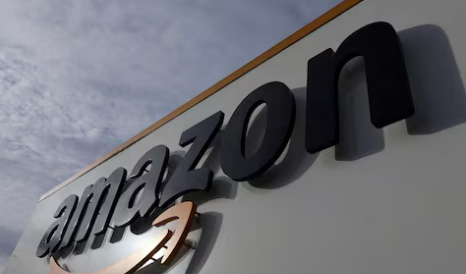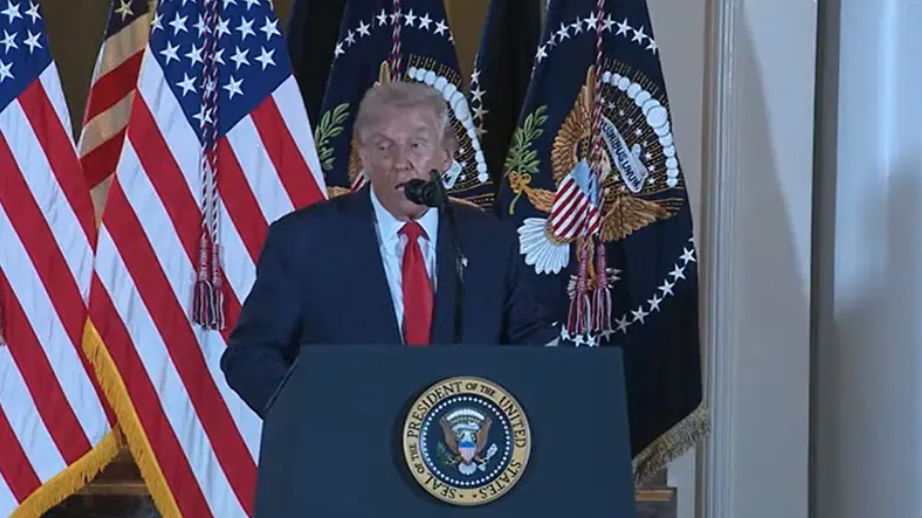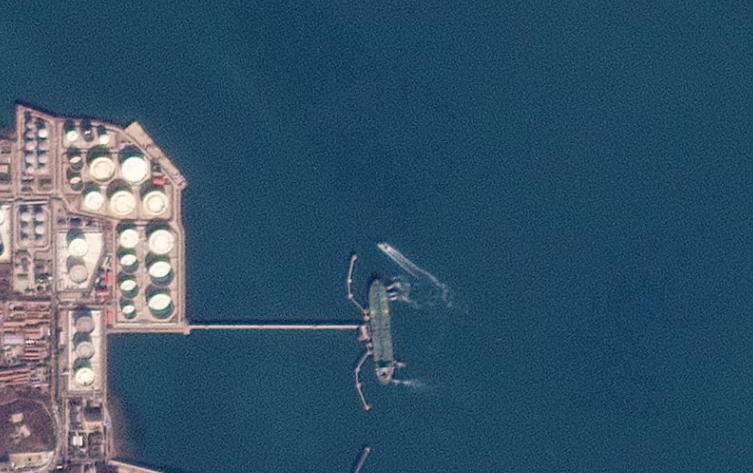WORLD NEWS

Global investors are entering this week’s U.S.–China trade talks with a mix of optimism and caution — a sense of déjà vu that mirrors past trade drama. Markets around the world surged on Monday after U.S. officials revealed that negotiators from both sides had outlined a framework for reducing American tariffs on Chinese imports and easing Beijing’s rare earth export restrictions.
The S&P 500 Index climbed 1% to a record high, while stock markets in South Korea, Taiwan, and Japan also hit fresh peaks. Traditional safe havens like gold slipped, reflecting investor appetite for risk ahead of Thursday’s expected meeting between U.S. President Donald Trump and Chinese President Xi Jinping.
This pattern — markets falling on Trump’s threats and recovering on signs of reconciliation — has played out repeatedly since his first presidency. Wall Street traders even coined a term for it: “TACO,” short for Trump Always Chickens Out.
“We’ve seen this movie before,” said Evelyne Gomez-Liechti, a strategist at Mizuho. “Whenever Trump talks tough, markets wobble — then rebound as talks turn constructive.”
Over the past month, global markets tumbled after Trump threatened new 100% tariffs and export controls on Chinese imports. Yet Chinese stocks have been quietly rebounding for over a week, as investors anticipate a diplomatic thaw.
Even if the Trump–Xi meeting doesn’t end the trade war definitively, many investors are ready to celebrate any sign of de-escalation. “There’s plenty of cash waiting on the sidelines,” noted Ross Hutchison of Zurich Insurance Group. “Any positive development could unlock new buying.”
However, analysts caution that the optimism may be fragile. With global equities at record highs and valuations heavily dependent on tech and AI stocks, any disappointment from the trade talks or upcoming earnings reports could trigger sharp reversals.
“The market is more vulnerable to bad news than good,” warned Tracy Chen of Brandywine Global. “Investors are assuming a stable 15% average tariff level globally — but any deviation could rattle markets.”
Economists also point to the Federal Reserve’s upcoming rate decision as a key factor. A potential rate cut or liquidity easing could further boost sentiment, but the broader risk remains: history shows that U.S.–China deals often unravel, as seen after the short-lived Geneva accord in May 2025.
As one strategist put it: “Investors might want to remember — in this trade war sequel, the ending rarely changes.”



